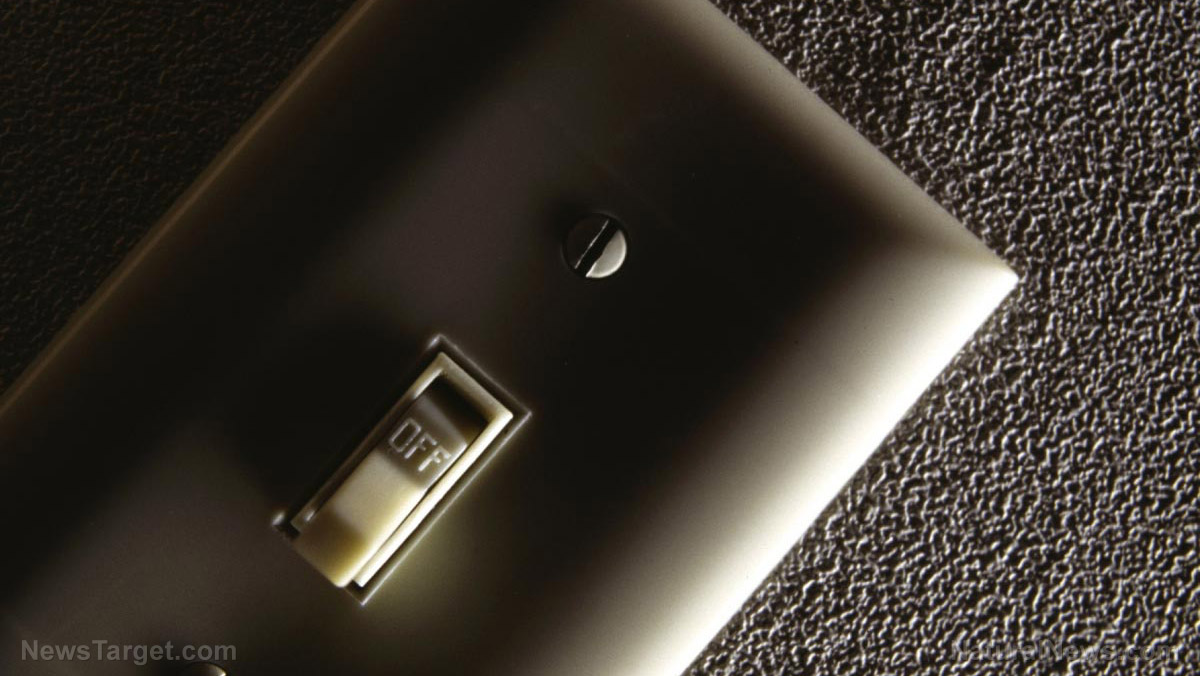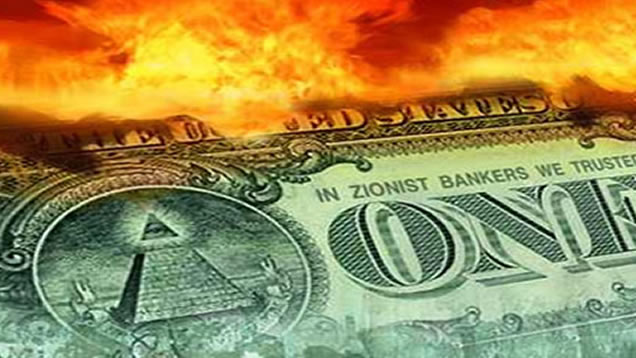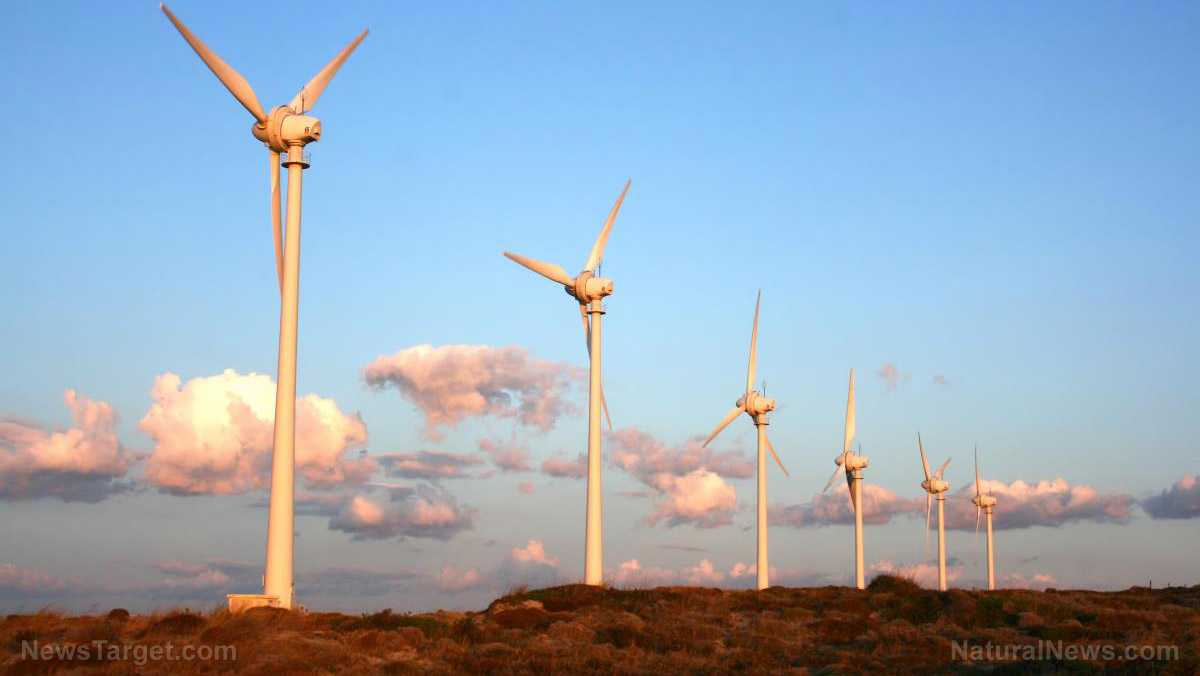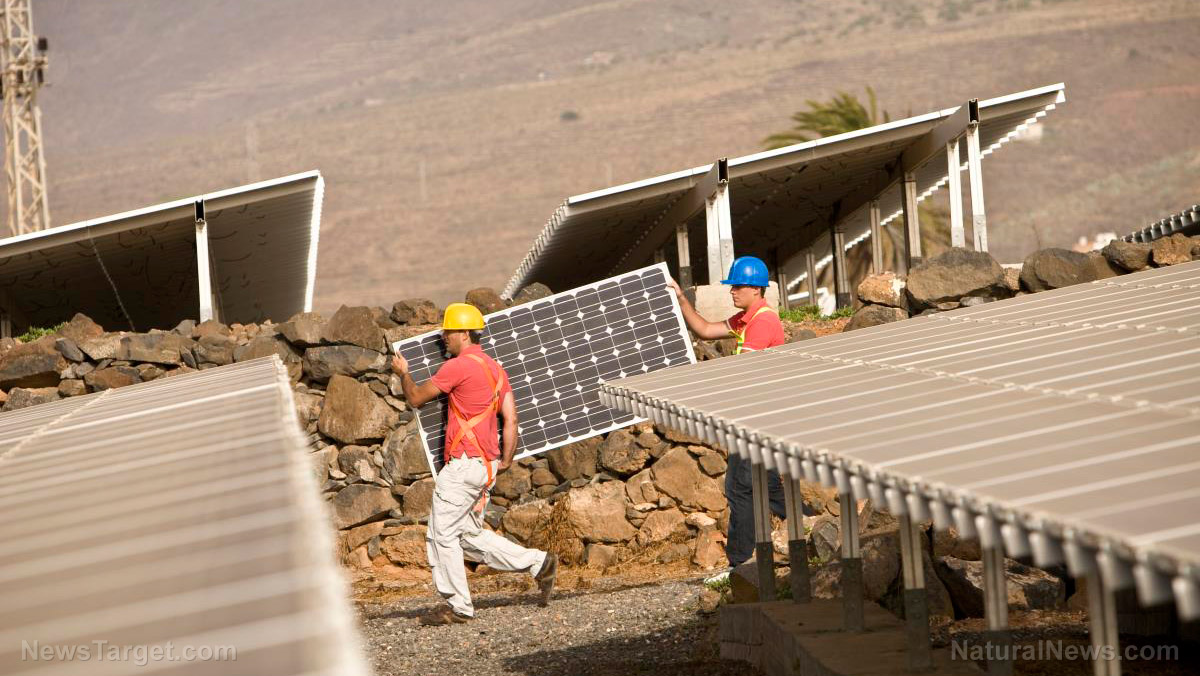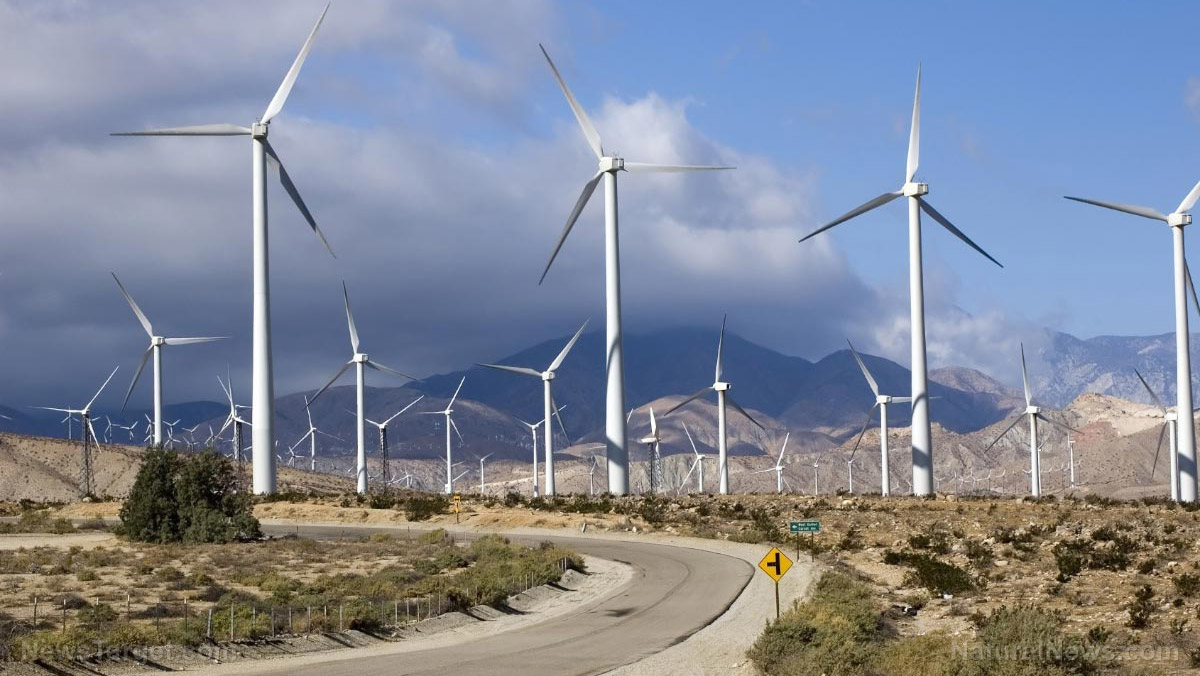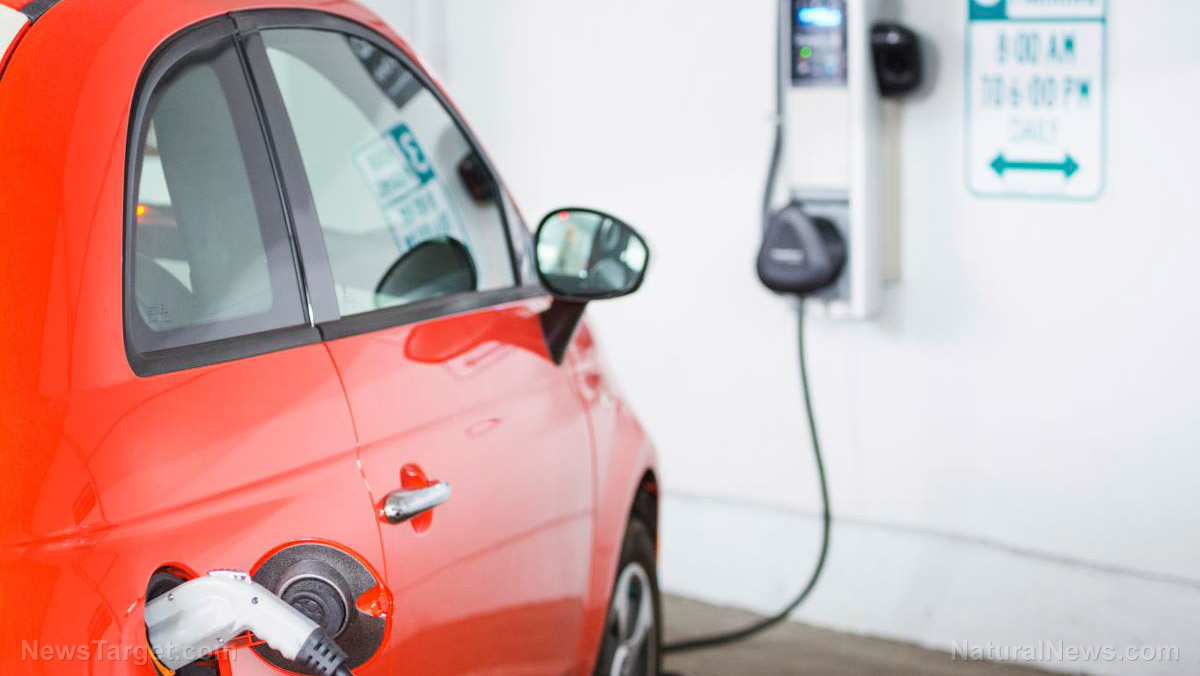Lithium-ion batteries of e-bikes and e-scooters are causing hundreds of fires in New York and San Francisco
07/31/2023 / By Arsenio Toledo
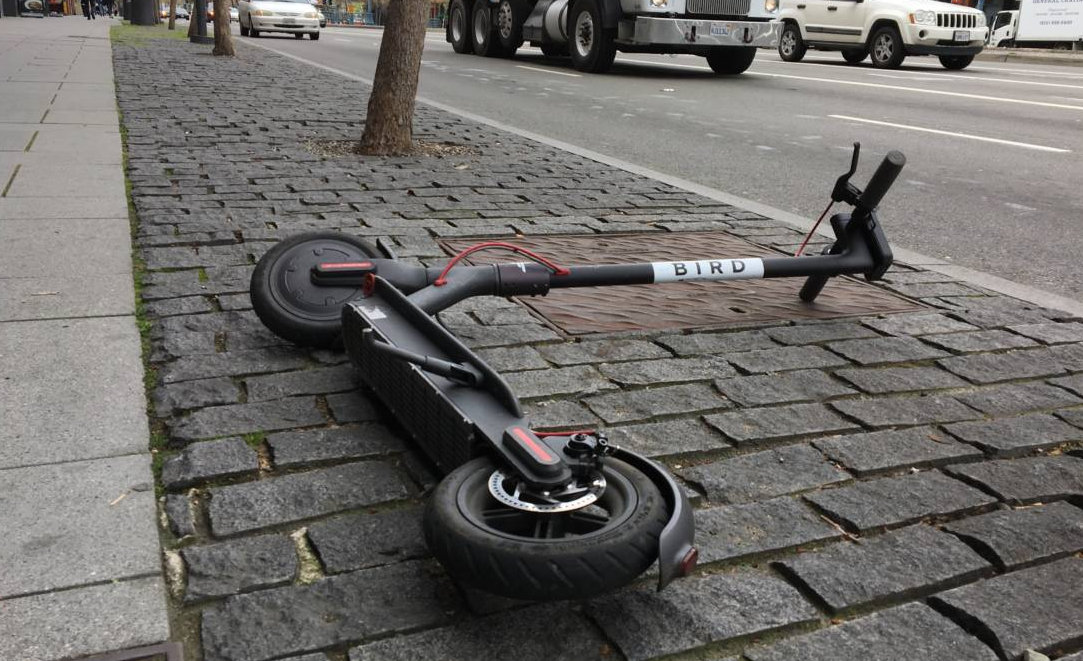
Electric bikes and scooters powered by lithium-ion batteries have sparked hundreds of fires across New York and San Francisco, resulting in many deaths and injuries. These accidents have triggered concerns about public safety over the proliferation of these vehicles.
Investigations revealed that at the heart of the issue is the use of substandard or sometimes damaged lithium-ion batteries. Instead of a slow smoldering ignition point that grows over a matter of minutes, these fires often result in actual explosions. Within just a minute, lithium-ion battery fires can grow massively and get out of control. (Related: Electric cars in Florida catching fire after Hurricane Ian.)
Lithium battery fires cause over a dozen deaths in New York
In New York, Fire Commissioner Laura Kavanagh noted during a public safety briefing that the number of fires caused by lithium-ion batteries has “grown exponentially every year since 2021.”
“We are now, unfortunately, seeing more and more of these kinds of extremely fast-moving, very powerful fires with some regularity in the city,” she continued. “As of this week, there have been 131 fires, 76 injuries and 13 deaths caused by these lithium-ion batteries.”
This year alone, 24 fires have already been attributed to lithium-ion batteries. In the deadliest incident to occur in the city, a lithium-ion battery set fire to an e-bike store, killing four people in the apartments above. The owner allegedly violated multiple rules surrounding the number of devices at the location and the way they were being charged.
“All it takes is for one small battery cell to be defective, overcharged or damaged, and a tremendous amount of energy is released in the form of heat and toxic flammable gases all at once,” warned New York Fire Department Chief of Hazmat Operations Daniel Murray.
“You go from no fire at all to a fully involved fire within seconds,” warned New York Chief Fire Marshal Daniel Flynn. “This isn’t something that we’ve really seen for accidental fires in the past. These behave almost like an incendiary fire, like arson, like a gas pour, with the speed that they travel.”
Fire caused by lithium battery burns down apartment building in San Francisco
Capt. Jonathan Baxter, a spokesman for the San Francisco Fire Department, admitted that the city has experienced 24 fires caused by lithium-ion batteries this year alone. Since 2017, San Francisco has recorded more than 200 fires caused by lithium-ion batteries, which have injured eight and killed one.
In one particular devastating instance, a defective lithium-ion battery started a fire at 959 Powell Street in San Francisco’s Nob Hill neighborhood, near Chinatown, nearly burning down the 12-unit apartment building.
In the nearby Tenderloin neighborhood, two individuals were forced to jump out of an apartment complex window to escape a fire spreading in their unit caused by an overheated e-scooter battery plugged into a charger near the unit’s front door.
“It has become very popular to get around San Francisco on these devices that are very compact,” said Baxter. “[But] the manufacturing of these items is surpassing legislation to ensure that they’re as safe as possible.”
Watch this video showing how the lithium-ion batteries of electric vehicles are catching fire.
This video is from the channel The Old Folk Show on Brighteon.com.
More related stories:
Amazon shuts off ALL fulfillment center solar panels after spate of fires, electrical explosions.
Electric vehicle charging causes house fires that result in substantial losses.
Sources include:
Submit a correction >>
Tagged Under:
big government, California, chaos, collapse, dangerous, disaster, e-bikes, e-scooters, electric bikes, electric scooters, energy supply, fires, fuel supply, green living, Green New Deal, lithium ion batteries, national security, New York, panic, power, products, San Francisco
This article may contain statements that reflect the opinion of the author
RECENT NEWS & ARTICLES
COPYRIGHT © 2022 EnergySupply.news
All content posted on this site is protected under Free Speech. EnergySupply.news is not responsible for content written by contributing authors. The information on this site is provided for educational and entertainment purposes only. It is not intended as a substitute for professional advice of any kind. EnergySupply.news assumes no responsibility for the use or misuse of this material. All trademarks, registered trademarks and service marks mentioned on this site are the property of their respective owners.

